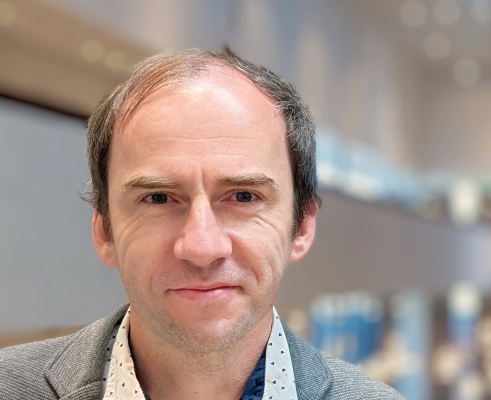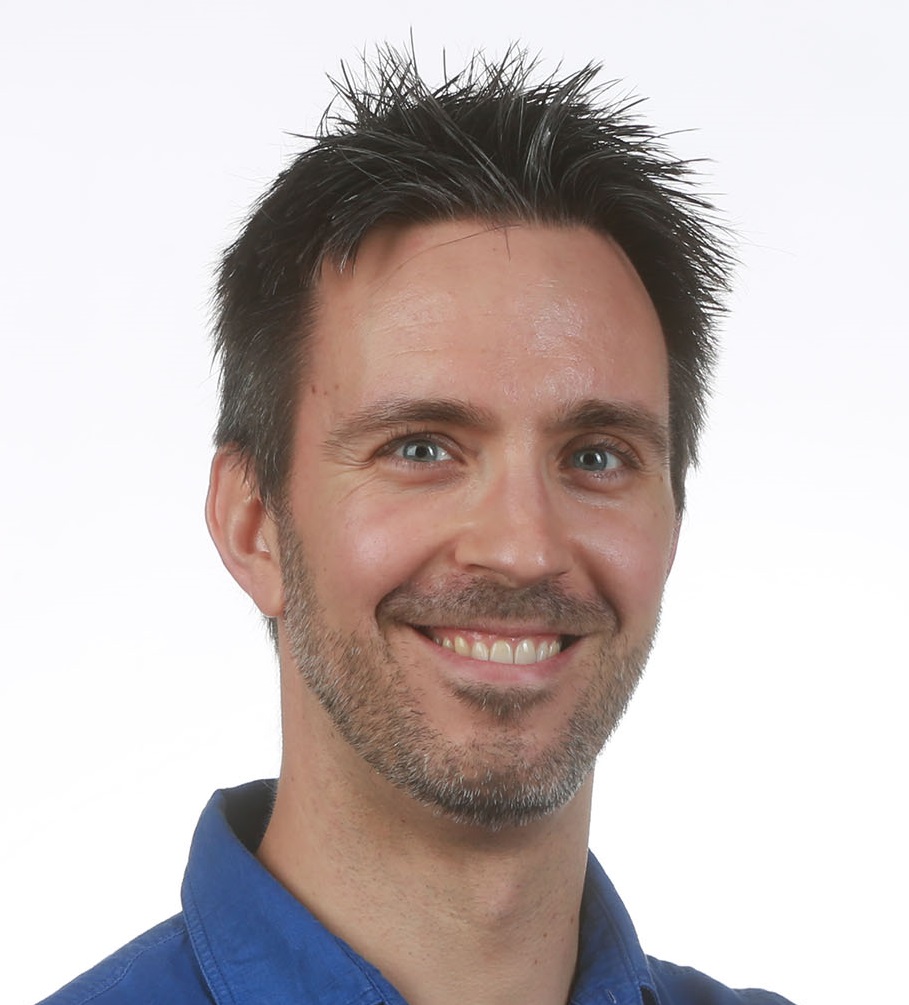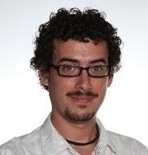Program Comitte
María del Carmen Garrido Carrera (University of Murcia, Spain)
Germán Rodríguez Bermúdez (University Centre of Defence at the Spanish Air Force Academy, Spain)
Carlos Periñan Pascual (Polytechnic University of Valencia)
Sofia Ouhbi (United Arab Emirates University )
José María Cecilia Canales (Polytechnic University of Valencia)
José García Rodríguez (University of Alicante, Spain)
Albert García García (University of Alicante, Spain)
Andrés Muñoz Ortega (Catholic University of Murcia, Spain)
Francesco Leotta (SAPIENZA University of Roma, Italy)
Magdalena Cantabella Sabater (Catholic University of Murcia, Spain)
Ramón Andrés Díaz Valladares (University of University of Montemorelos, Mexico)
Antonio Llanes Castro (Catholic University of Murcia, Spain)
Ginés David Guerrero (National Laboratory for High Performance Computing, Chile)
Jesús Antonio Soto Espinosa (Catholic University of Murcia, Spain)
Baldomero Imbernón Tudela (Catholic University of Murcia, Spain)
Mario Hernandez Hernandez (Autonomous University of Guerrero, Mexico)
Seop Na (Software Convergence Education Institute, Chosun University, Rep. of Korea)
Saeid Nahavandi (Institute for Intelligent Systems Research and Innovation, IISRI, Deakin University, Australia)
Abdul M Mouazen (Ghent University, Belgium)
Paulo Moura Oliveira (UTAD University Vila-Real, Portugal)
José Boaventura Cunha (UTAD University Vila-Real, Portugal)
Josenalde Oliveira, (Agricultural School of Jundiaí- Federal University of Rio Grande do Norte, UFRN, Macaíba, RN, Brazil)
Raúl Parada (Centre Tecnològic Telecomunicacions Catalunya, Spain)
Nuria Vela (Universidad Católica de Murcia, Spain)
Gabriel Pérez Lucas(University of Murcia, Spain)
José Fenoll Serrano (Instituto Murciano de Investigación y Desarrollo Agrario y Alimentario (IMIDA), Spain)
Isabel Garrido Martín (Instituto Murciano de Investigación y Desarrollo Agrario y Alimentario (IMIDA), Spain)
Jaehwa Park (Chung-Ang University, Rep. of Korea)
Joan Melià Seguí, (Universitat Oberta de Catalunya, Spain)
Carlos Monzo Sánchez, (Universitat Oberta de Catalunya, Spain)
Ioannis Chatzigiannakis, (Sapienza University of Rome, Italy)
Andrea Vitaletti, (Sapienza University of Rome, Italy)
Antonio Stasi, (Università di Foggia, Italy)
Otman Aghzout (UAE, ENSA-Tetouan, Morocco)
Lakshmi G. (School of Environmental Studies, Cochin University of Science and Technology Kerala, India)
R. S. Ajin (Idukki District Disaster Management Authority (DDMA), India)
José-Fernán Martínez-Ortega (Universidad Politécnica de Madrid, Spain)
José Martín Soriano-Disla (Centro Tecnológico de la Energía y el Medio Ambiente, Spain)
Carlos Tavares-Calafate (Polytechnic University of Valencia, Spain)
Jason J. Jung (Chung-Ang University, Republic of Korea)
Bogdan Ruszczak (Opole University of Technology, Poland)
Mercedes Valdes-Vela (University of Murcia, Spain)
Francisco Arcas (Catholic University of Murcia, Spain)
Nicolás José Fernández Martínez(Catholic University of Murcia, Spain)
Mercedes Rodriguez-Garcia(School of Engineering University of Cadiz, Spain)
Peyman Mashhadi(CAISR, Halmstad University, Sweden)
Mahmoud Rahat(CAISR, Halmstad University, Sweden)
José Santa (Technical University of Cartagena, Spain)
Juan Morales García (Catholic University of Murcia, Spain)
Davide Bertozzi (University of Manchester, UK)
Lucas Laurens ( École nationale d’ingénieurs de Brest, ENIB, France)
Antonio Balderas-Alberico (University of Cádiz, Spain)
Sara Balderas-Díaz (University of Cádiz, Spain)
Gabriel Guerrero-Contreras (University of Cádiz, Spain)
Pedro J. Navarro (Universidad Politécnica de Cartagena, Spain)
Aurora Gonzalez-Vidal (University of Murcia, Spain)
María Antonia Cárdenas Viedma (University of Murcia, Spain)






